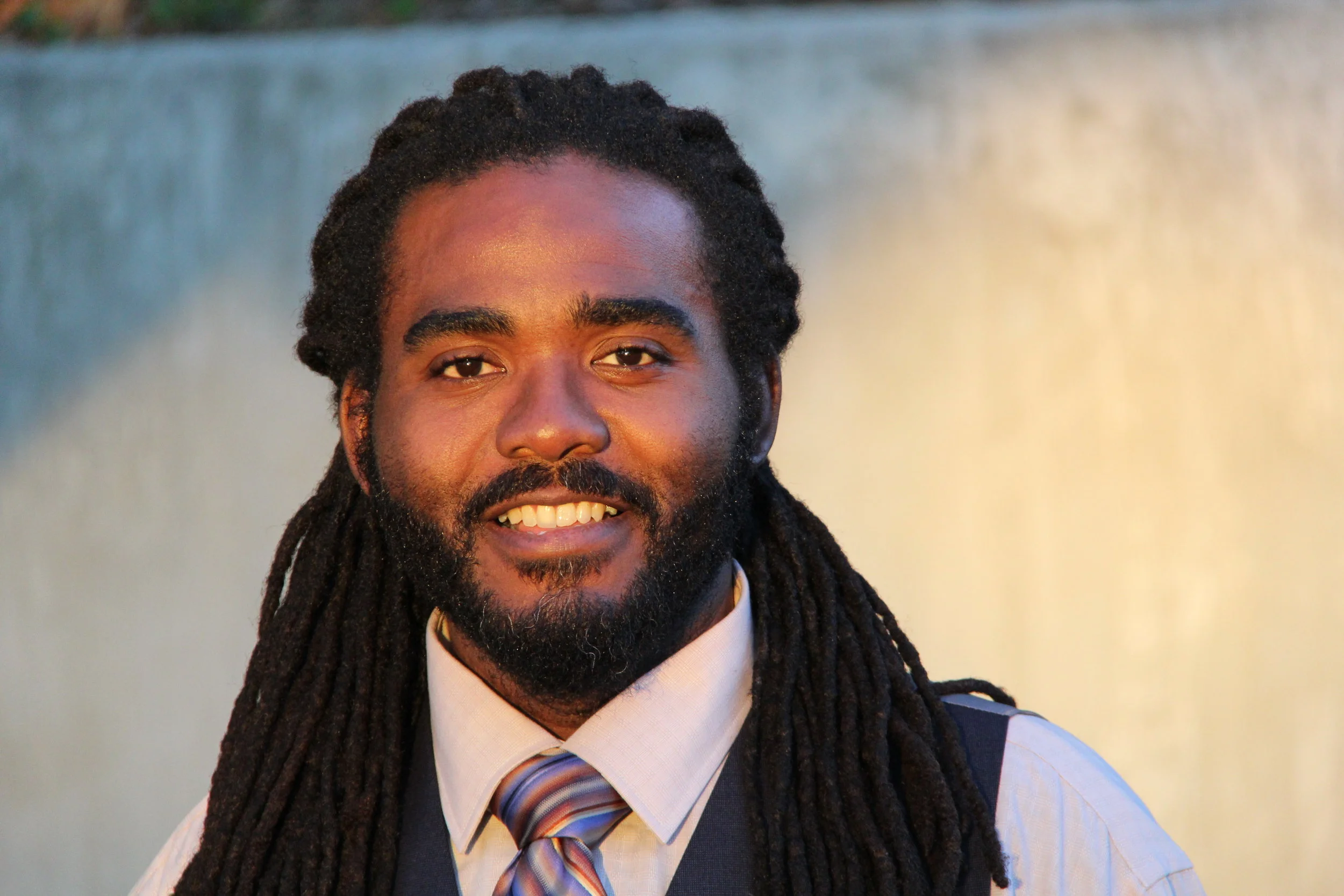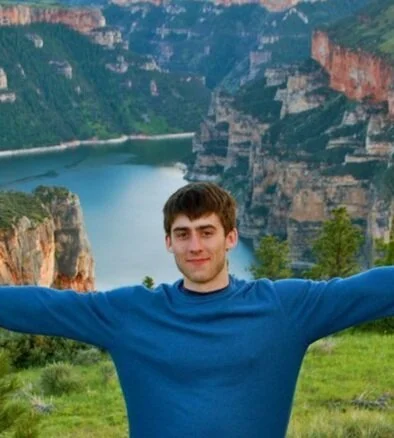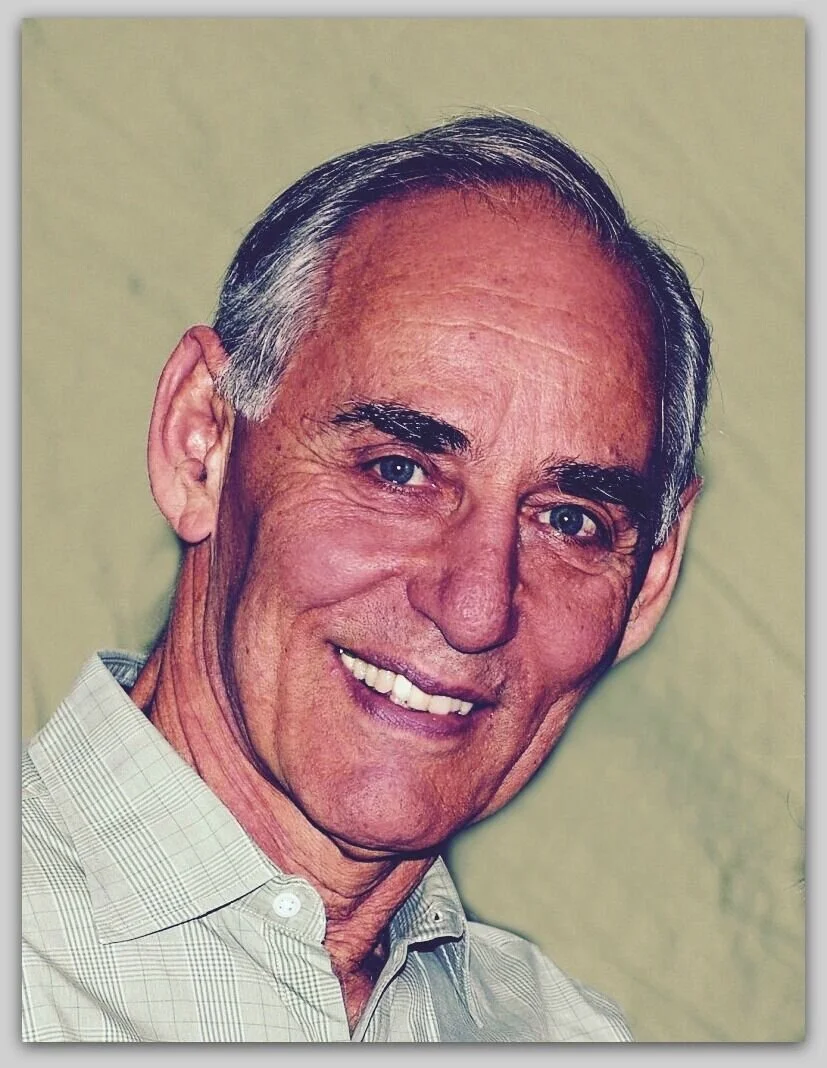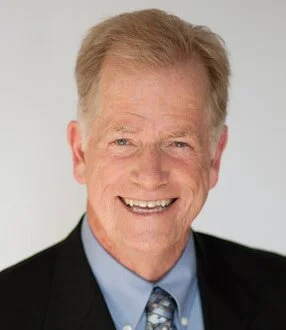The following episodes of Duncan's podcast, Fractal Friends, touch on themes that are particularly of interest to teams, organization and companies. Listen to these episodes for inspiration about leadership, courageous conversations, communication, conflict transformation and how to create powerful workplace relationships.
In this episode I talk with Alla Weinberg. Alla is my business partner, and we are the co-founders of Spoke & Wheel the workplace relationship experts.
In this conversation we talk about our vision of a future of work, where people are excited about the work they get to do and nourished by the people they get to work with. We talk about how teams, companies and organizations are constantly a balance between the interdependent polarities of power and love, and how they become generative when they can strike a balance between being productive and effective, on one hand, and inspire a sense of connection and belonging, on the other.
We talk about Alla's new book A Culture of Safety and consider the essential ingredients for creating a safe and trusting team. And practical strategies for leaders to create and transform culture. And we talk about complex systems theory, spirituality and crochet.
More Info at: fractalfriends.us/fractalfriends/alla-weinberg-2
Music: "You Are Always Held" by Joyous Dawn


















Pablo Lumerman is a conflict transformation colleague from Argentina.
In this conversation we talk about the power of living in the present moment, the importance of remembering deep history and enacting our visions for the future. We discuss a comparative history of colonialism, race and racism between Argentina and the United States.
We draw parallels between colonialism and gentrification and ponder how laws and bureaucracy are forms of cultural colonization that undermine indigenous culture and dialogue.
As conflict transformation practitioners we talk about the greatly needed capacity of dialogue to help us reach across our differences and facilitate healing. And, given where we started, we talk about how the transformation of conflict requires us to think beyond neutrality to avoid repeating patterns of oppression.